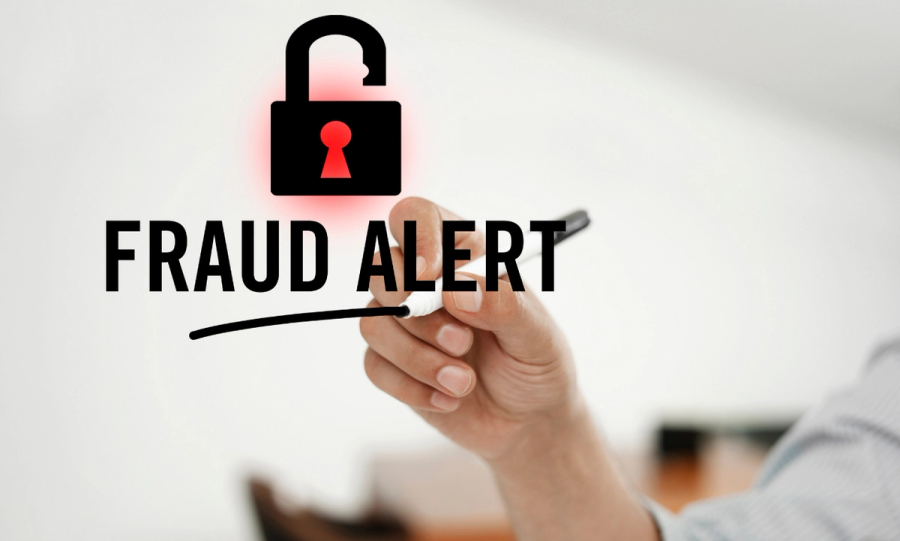
Fraud is an illegal activity that can cost its victims significant financial and emotional distress. The risk of becoming a victim of fraud has increased significantly in recent years, particularly with the rise of digital technology. That being said, it is essential to take the necessary steps to protect yourself from becoming a victim of fraud. In this article, we will discuss some tips and tricks to safeguard yourself from being scammed.
1. Keep Your Personal Information Safe
Securing your personal information is the first and most essential step in protecting yourself from fraud. Personal information includes your name, bank account details, credit card details, and social security number. This information needs to be kept safe and secure at all times. In the digital age, it is imperative to be cautious when sharing personal information online. Avoid giving out personal information in unsolicited emails, phone calls, or messages.
2. Beware Of Phishing Scams
Phishing is a type of online fraud where scammers create fake websites or emails to trick you into giving out your personal information. These phishing scams have become increasingly sophisticated and challenging to spot. To protect yourself, always verify the legitimacy of the website you are visiting or the email's sender. If you're unsure, check the website's URL and domain name or contact the company directly to confirm the legitimacy of the communication.
3. Stay Vigilant When Using Public Wi-Fi
Public Wi-Fi hotspots are a convenient way to stay connected when out and about, but they can also be a breeding ground for cybercriminals. Always be cautious when connecting to public Wi-Fi, and avoid logging into sensitive accounts, such as online banking. Use a Virtual Private Network (VPN) for added security when using public Wi-Fi.
4. Check Your Credit Report Regularly
Checking your credit report regularly is an effective way to detect any unusual activity on your accounts. You are entitled to an annual free credit report from the three major credit bureaus. Review your credit report for suspicious activity or accounts you didn't open. If you find anything concerning, contact the credit bureau immediately.
5. Use Two-Factor Authentication
Two-factor authentication (2FA) is an added layer of security that requires you to provide two forms of identification when logging into online accounts. This could be a password and a code sent to your phone or email. Enabling 2FA on your funds makes it more challenging for fraudsters to gain access to your funds, even if they have your login credentials.
6. Shred Your Sensitive Documents
Shredding sensitive documents before disposing of them is an excellent way to prevent identity theft. These documents could include bank statements, credit card statements, and any documents with your personal information. Invest in a shredding machine or take unwanted documents to a professional service.
7. Be Wary Of Impersonators
Impersonators can be a significant threat to your security. They may pretend to be from legitimate organizations such as government agencies, banks, or insurance companies. They might ask you for personal information or try to pressure you into making a payment. Always verify the person's legitimacy before giving out sensitive information or making a payment.
8. Protect Your Computer With Anti-Virus And Firewalls
Protecting your computer with anti-virus and firewall software is an effective way to protect yourself from cybercrime. These tools scan your computer for any potential threats and block unauthorized access. Keep your anti-virus software updated to ensure you have the latest protection against new threats.
9. Don't Rely On Caller ID
Caller ID is another way fraudsters try to trick their victims. They may use "spoofing" techniques to make it look like their call is coming from a legitimate organization. Don't rely on the caller ID to verify the caller's legitimacy. If someone asks for your personal information, contact the organization to verify the call's legitimacy.
10. Check Your Accounts Regularly
Regularly checking your bank accounts, credit card statements, and other financial arrangements can help detect fraudulent activity quickly. Look for any unauthorized charges or withdrawals and report them immediately. Don't forget to check your funds even if you don't use them regularly.
Conclusion
In conclusion, fraud is a growing threat that we cannot ignore. By taking the necessary steps to protect ourselves, we can reduce the risk of becoming victims of fraud. Safeguarding your personal information, staying vigilant when using the internet, and checking your accounts regularly are all essential measures to protect yourself from fraud. If you become a fraud victim, report it immediately to the authorities and take the necessary steps to minimize the damage.